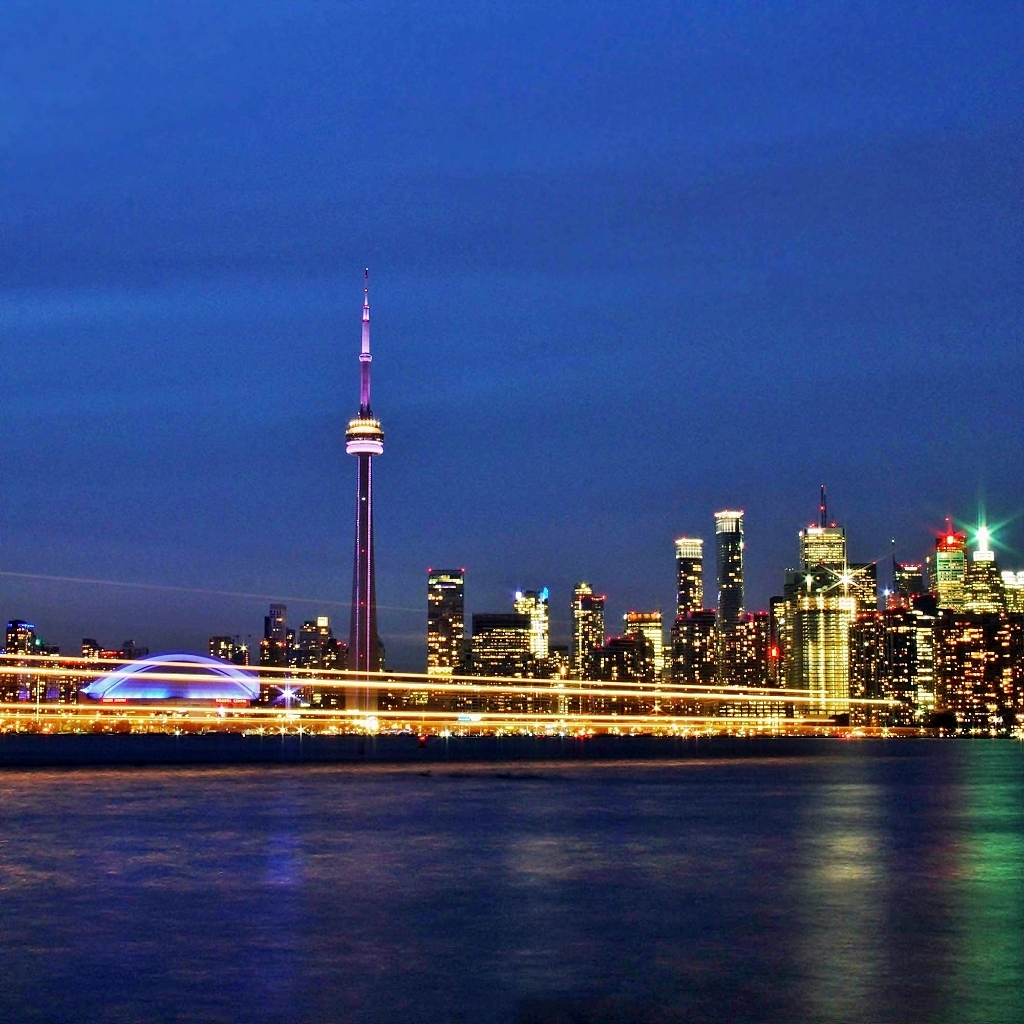Toronto Income Property Newsletter: June 2010
The 2010 World Cup in South African starts in less than two weeks. I can’t wait! All of you who know me well know that soccer is my favourite sport and certainly one of my passions. Having been born in the UK I have been a staunch England supporter as far back as I can remember. I also am a card-carrying member of Toronto Football Club (who finally won their first away game this weekend). I know as a good Canadian, hockey should be #1 and I should be lamenting over the last Leaf victory in 1967. But I cry over the England World Cup drought since 1966. So what does soccer have to do with income properties? Nothing really, but since this is what’s on my mind, this is what I’m writing about. I’m also taking a bit of a sabbatical (hey, it’s one in every four years), so that I can watch as many matches as possible. I hope you all get a chance to watch some of the games and get to cheer on your favourite team. It’s surely to be a blast. Happy Father’s Day as well to all of the Dads out there.
*
There’s a great saying that I often use with my clients: “There’s no such thing as bad tenants, just bad landlords.” In my experience with landlords and tenants over the past decade, I have found that nine times out of ten that when a tenant is unhappy it is because the landlord has fallen short in their duties. It’s the most simplest of premises – when something breaks down in your rental unit, fix it! Do not expect the tenant to do your job for you.
If a light bulb needs to be changed, then it is reasonable for the tenant to take care of that. But if the light fixture itself breaks, then that is your responsibility. Do exactly as you would do in your own home. Don’t let a problem get worse by not tending to it. Where do you draw the line between landlord and tenants’ obligations? Use common sense folks. If it is a quick, easy and inexpensive fix, see if your tenant can handle it. If not, be at the ready to deal with it yourself. Unless your tenant is a plumber, don’t assume that they will be able to fix a leaky faucet. Unless you have it stipulated in your lease, don’t assume that your tenant will maintain the exterior of your property. It is your responsibility as a landlord to provide “quiet enjoyment”, meaning a clean and hassle-free rental suite for your tenants.
If the tenant sees that you care, then they will too. They will be happier to cut your rent cheque each month and your overall experience of being a landlord will be that much more enjoyable and profitable.
*
Is the Toronto real estate market overheated? I’ve read a few American articles lately saying that the Canadian real market can’t sustain itself and is heading for a crash. The market does seem like it is finally slowing down a little – but it always does when we get into June. It has many of you asking if this is the beginning of the end.
My opinion is that there won’t be dramatic price decreases (at least not with quality income properties in the core), but prices should stop going up. We ought to see some sort of leveling off as demand gets a little more in sync with the available inventory of properties. In other words, what your house was worth at the beginning of 2010 was probably the max number that you might see for awhile. Note too how interest rates are rising slowly and in fact some banks are still dropping their mortgage rates. I believe that the even though it hasn’t been reflected in the Toronto housing market, the recession is still on and we’ve got a ways to go yet. There are still a lot of folks out of work. Retail is suffering (unless you are Winners or Wal-Mart). I know this first hand. The personal debt numbers are very high as well, so it only seems logical that the Toronto market would have to calm down sooner or later. Remember that income properties often are less impervious to market swings because they are cash generators.
I also think that real estate markets in Toronto, Vancouver and other large metropolitan areas have seen most of the action. I would bet that smaller towns and rural areas haven’t seen the same level of increased activity over the past year. Thus I don’t really think the traditional “bubble” term applies here just because prices in Toronto may have increased. The summer is usually a little slower and then things heat up for the fall. Last fall, things went through the roof. I certainly don’t expect a repeat of 2009 but I don’t think I’ll be sitting around in September either. Time will tell I suppose.



